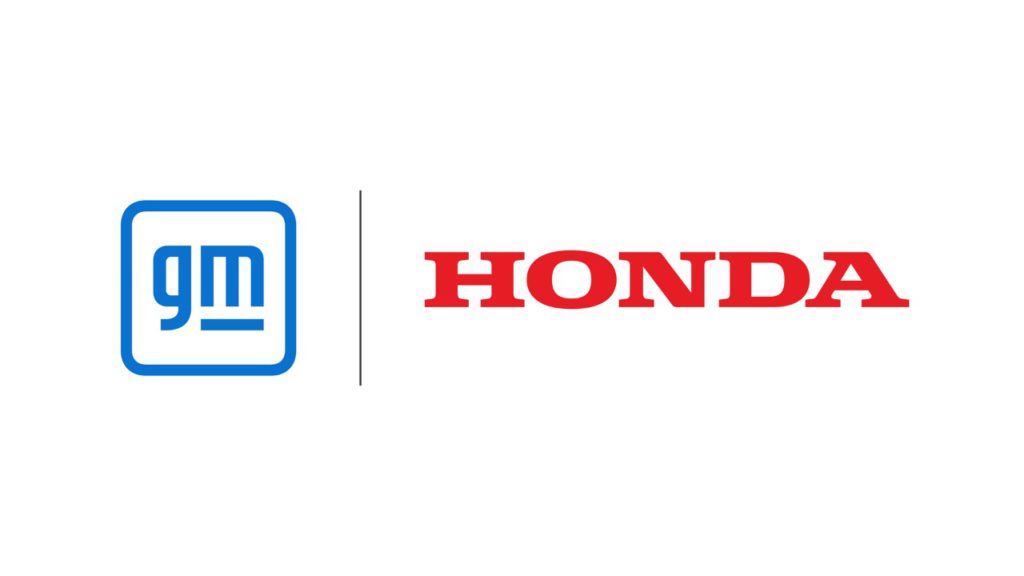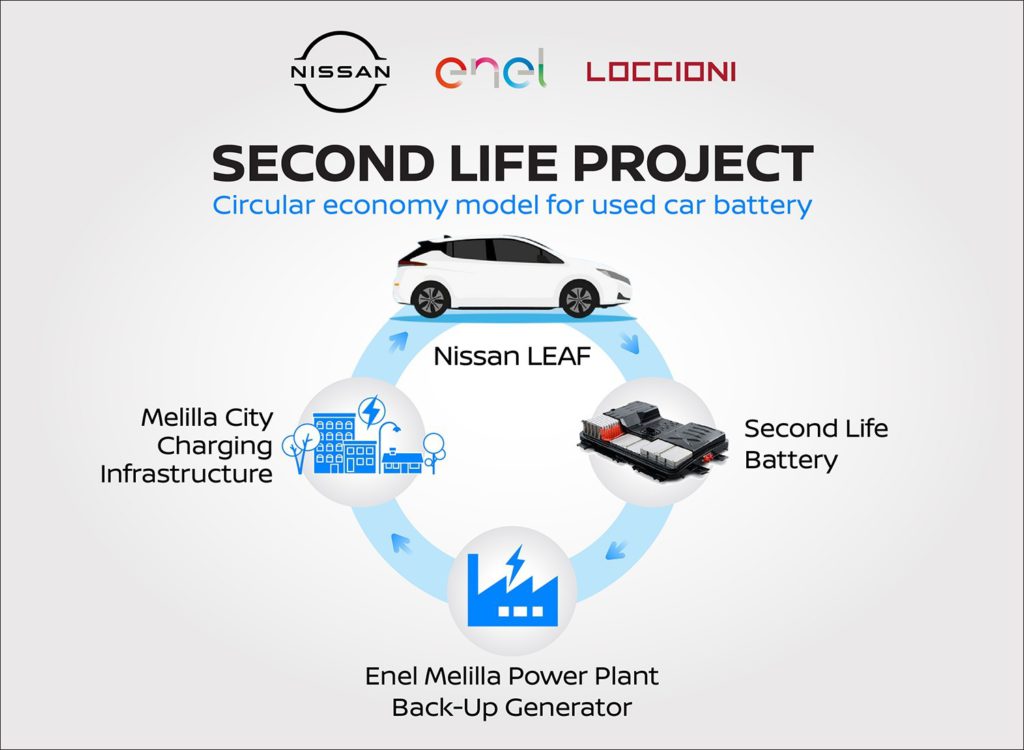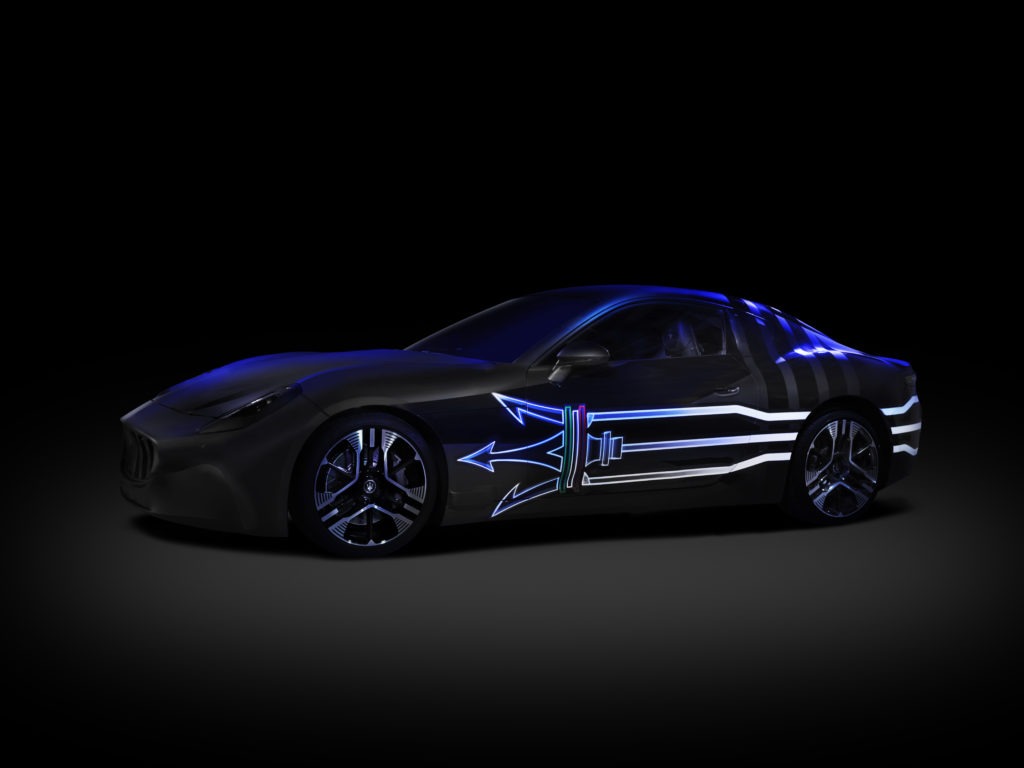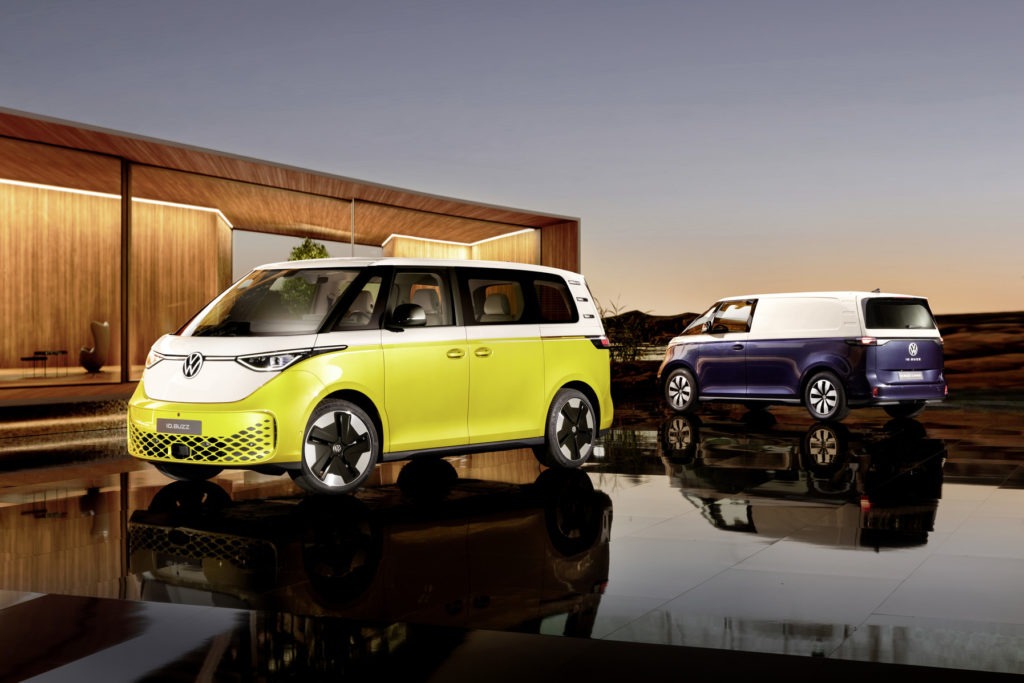GM and Honda to produce millions of ‘affordable’ EVs
07 April 2022

General Motors (GM) and Honda are joining forces to develop a series of ‘affordable’ electric vehicles (EVs). A new joint platform will pave the way for the carmakers to produce millions of cars globally from 2027. The manufacturers did not disclose the scope of the investment.
The deal will focus on producing lower-priced EVs, including lucrative compact crossover vehicles, which will make use of GM’s Ultium battery technology that is based on large-scale, high-energy cells. It might not be surprising that GM and Honda want to concentrate their efforts on the compact crossover segment as it is the largest in the world and has annual volumes of more than 13 million vehicles.
EV technologies
The automotive companies have worked together on EV projects before, with this latest announcement marking a new chapter for the car manufacturers. GM and Honda plan to standardise equipment and processes, with the primary goal of producing reasonably priced electric cars in key markets. EV battery technology collaborations are also on the agenda as the manufacturers aim to cut down on electrification costs and improve electric-vehicle range.
‘By working together, we will put people all over the world into EVs faster than either company could achieve on its own,’ said Mary Barra, GM chair and CEO. ‘GM and Honda will share our best technology, design and manufacturing strategies to deliver affordable and desirable EVs on a global scale, including our key markets in North America, South America, and China.’
GM has shifted its focus on novel technologies such as lithium-metal, silicon, and solid-state batteries to boost EV performance. Last year, it announced plans to build a factory to process cathode active material for its Ultium EV batteries. The company wants to expand its battery-cell manufacturing processes, finding a strategic partner in Honda.
The Japanese carmaker is also exploring solid-state battery technology, which it views as a key component in future EVs. Honda is aiming for mass production of solid-state batteries, having already established a demonstration line in its home market.
‘Dramatic’ expansion of electric cars
The companies highlighted their objective to see a ‘dramatic expansion’ in EV sales. The duo has developed a significant partnership over the years, with joint projects focusing on electric and autonomous-vehicle technologies.
In 2013, Honda and GM began co-developing fuel-cell systems and hydrogen storage technologies, with Honda later joining GM’s EV battery module development efforts. The car manufacturers are also co-creating two EVs – the Honda Prologue, due to be launched in 2024 – and the Acura’s first EV SUV. Honda is also collaborating with GM on Cruise, the autonomous-vehicle company, which GM describes as the first purpose-built fully autonomous car designed for ride-hail and delivery.
‘The progress we have made with GM since we announced the EV battery development collaboration in 2018, followed by co-development of electric vehicles including the Honda Prologue, has demonstrated the win-win relationship that can create new value for our customers,’ said Shinji Aoyama, Honda senior managing executive officer.
GM wants to launch more than 30 EVs globally by 2025, with more than two-thirds available in the US. Meanwhile, Honda is slower when it comes to committing to electrification. In 2021, the carmaker announced all new models would be electric by 2030 – but only in China. By 2040, Honda wants to achieve 100% electric-vehicle sales across the globe.



